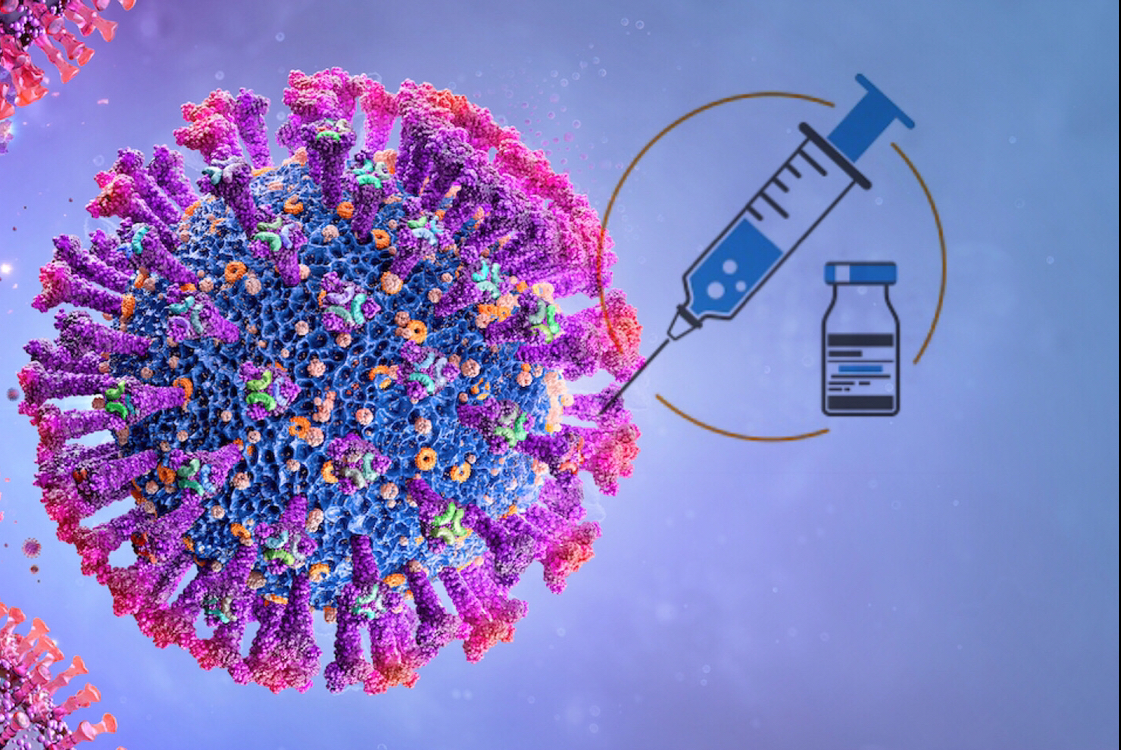Covid-19 vaccines, designed to target the earliest version of the coronavirus, are holding up well against the Delta variant because it isn’t so different from the original strain that it can evade the shots, researchers said.
Yet the Delta variant is different enough, the researchers said, that studies indicate people will need both doses of the messenger RNA shots or a booster for the one-dose vaccines to get the kind of immune response necessary to provide full protection.
The Delta variant is the most contagious version of the virus to be identified. In a matter of weeks, it has become the most common strain in the U.S., now accounting for 83% of analyzed infections.
Research is continuing but suggests that authorized Covid-19 vaccines, though somewhat diminished in efficacy against Delta, can still protect people from severe cases.
Saying vaccination is the best defense against Delta, health authorities have been urging people to get immunized.
Centers for Disease Control and Prevention Director Dr. Rochelle Walensky said at a White House briefing on Thursday that vaccines offer a high degree of protection against infection, serious illness and death from the Delta variant.
“You might test positive, but the vast majority of people who are fully vaccinated are not going to get very sick from it or sick from it at all,” said Dr. Angela Rasmussen, a virologist at the University of Saskatchewan.
The shots’ powers, against a version of the virus that wasn’t around when researchers were developing Covid-19 vaccines last year, reflect their design targeting large segments of the coronavirus spike protein.
The spike protein, which juts from the surface of the coronavirus, is a distinguishing feature of the pathogen and the object of vaccine developers seeking to mobilize immune-system defenses.
Like most vaccines, the Covid-19 shots work by tricking the body into thinking it has been infected with a virus, training the immune system to make molecular weapons to fight when a real pathogen comes.
The vaccines generate neutralizing antibodies, which prevent the virus from entering cells and replicating. The antibodies seek to stop the virus by binding to the spike protein, thereby blocking it from infecting cells.
Segments of the spike protein change as the virus mutates into new variants. That makes it harder for antibodies generated by the vaccines to bind to the spike protein because the antibodies might not recognize some mutated parts.
“It’s like you are training a pilot on one kind of a plane and a slightly different model shows up for the actual flight,” said Dr. Saad Omer, director of the Yale Institute for Global Health.
But because the vaccines target a large portion of the protein, so far none of the small variants, including Delta, have rejiggered the spike protein enough to elude vaccine-generated immune defenses.
The number of antibodies generated in fully vaccinated people is still so high that enough antibodies can bind to the spike protein and block the virus, researchers said.
Two doses are needed, researchers said, because neutralizing antibodies don’t work as well after just one dose, and the body needs a higher level of antibodies given the presence of mutations.
Also, the greater levels of neutralizing antibodies triggered by the two doses create a stronger immune response, virologists said.
“The second dose is going above that threshold of protection, whereas the first dose alone is inducing a suboptimal level of antibody that is just not enough to protect you from infection,” said Dr. Akiko Iwasaki, an immunologist at Yale University.(Courtesy WALL STREET JOURNAL)





